12 de septiembre 2023

Children of Exile: The Births “Sowing Hope” in the Camp of Nicaraguan Farmers

PUBLICIDAD 1M
PUBLICIDAD 4D
PUBLICIDAD 5D
Persecuted by regimes intolerant of free expression, reporters from Nicaragua, Guatemala and El Salvador find themselves forced to work from exile
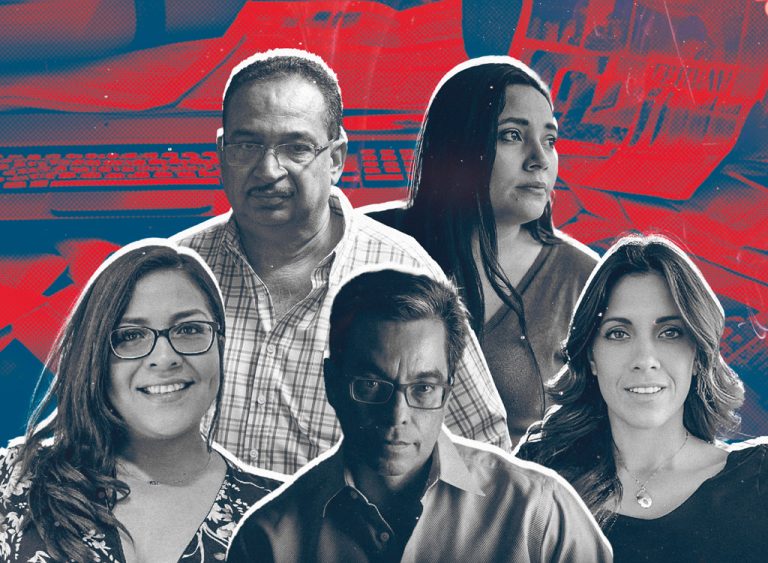
Journalist Jennifer Ortiz, 37, director of the website Nicaragua Investiga, waited anxiously for over seven hours that difficult November day in 2021, after her original plans to reunite with her children failed. One of her girls was 11, another 7, and the youngest was only three.
This was the latest of several failed intents she had made in the preceding months. Originally, a close friend was entrusted with the children, but on several occasions, they’d been forced to turn back to avoid the soldiers on the border. This time, the problem was different – the one responsible for the children had been robbed and couldn’t make the trip. In the end, someone she didn’t know brought Ortiz’ children to her in Costa Rica, after an exhausting wait.
“I went from sobs to anxiety, to panic. It’s truly very difficult for a mother to have to subject her children to such experiences.” Their family separation lasted five months, until Ortiz finally managed to reunite with her children. She herself had been forced to flee Nicaragua in July 2021, when the Ortega regime unleashed a wave of violent repression against politicians, business leaders, journalists and citizens in general, in order to abolish all viable electoral opposition before the November 7, 2021, presidential vote in Nicaragua.
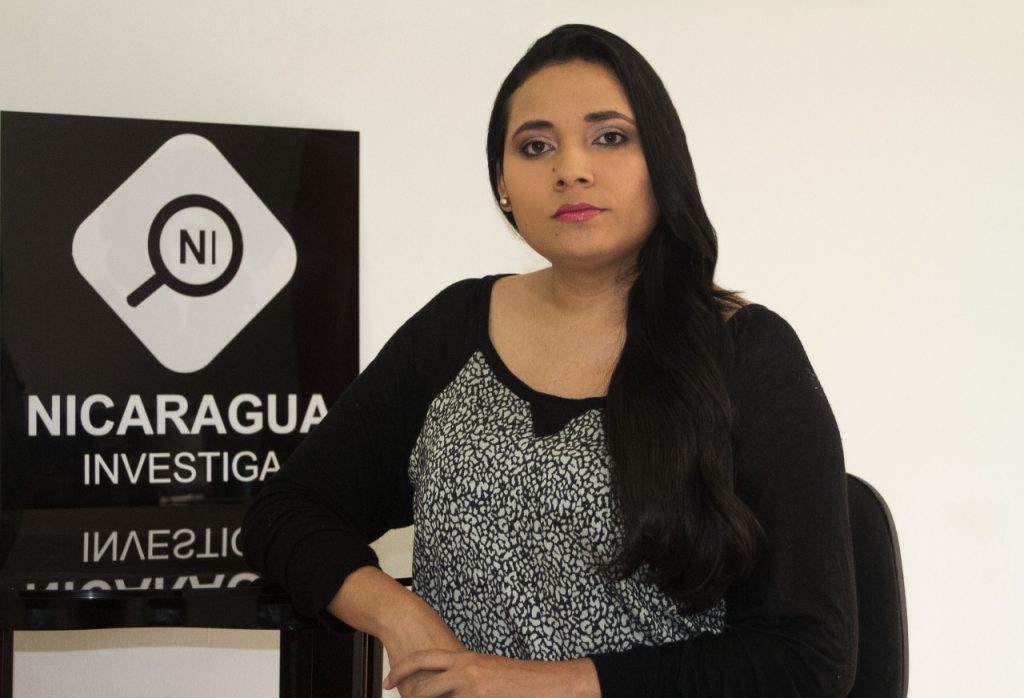
Up through September 8, 2022, the Nicaraguan dictatorship had closed 54 national media outlets and 13 local ones. At that time, they were holding eight media workers in prison, who were later released and banished from the country. The properties and broadcasting equipment of three of Nicaragua’s largest independent media outlets – Confidencial, 100% Noticias, and the newspaper La Prensa – had been confiscated and rebranded as State services, supposedly for medical attention and technical education.
Since then, the repression against citizens has continued, as has the exile and the battle for the truth. According to the organization Voces del Sur [Voices of the South], which keeps a tally of the attacks on freedom of the press in Nicaragua, at least 208 communicators – among them both journalists and media workers – have left Nicaragua since 2018. Jennifer Ortiz is one of those forced to emigrate. On February 15, 2023, the dictatorship also stripped her of her nationality and ordered all her assets impounded, after declaring her “a traitor to the homeland,’ along with 93 other citizens who had fled the country.
“Ortega has treated the press the same way he’s treated the entire country – with the greatest possible measure of scorn, hypocrisy and disrespect,” Ortiz asserts.
Anibal Toruño, 64, is the owner and director of Radio Dario – a Nicaraguan radio station burned down by hooded figures, in the midst of the April 2018 protests in Nicaragua. He recalls silently contemplating the ashes of his radio station in Leon, the city in the west of Nicaragua where he’d been born.
At that time, he couldn’t imagine the horrifying repercussions the repression would have on his life and that of his workers. Toruño left Nicaragua in January 2021. He had already spent two previous periods in exile before this final departure: in the decade of the 80s, when thousands of young men fled Nicaragua to avoid the Sandinista government’s military draft, and in August of 2018, after the April events and the repression that followed. Today he says he lives day to day, convinced that journalists should continue fighting for the country.
He runs his radio station from exile and continues doing journalism, a passion that was instilled by his family, with a unique vision of the radio as a tool for communication. While he sees television as the image, he associates the radio with the spirit. His father, Juan Toruño, had also spent time in exile during the tyranny of the Somoza dictatorship [which was overturned by armed Sandinistas in 1979.]
In a certain sense, Anibal now finds his own life mirroring his father’s experiences. According to him, the rest of his colleagues are experiencing an “extraordinary exodus, that has yet to end.”
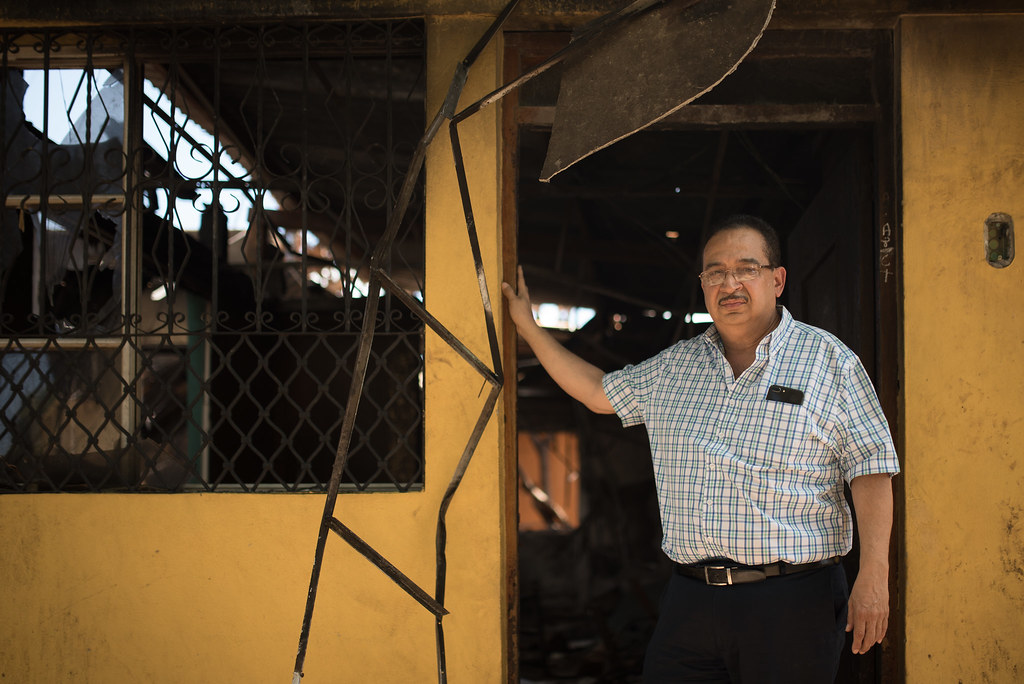
Nicaragua’s negative example of a corrupt and repressive political class that seeks only to prolong the political system that keeps them in power, is repeated in other countries in Central America, countries whose histories are rife with gang violence, dictatorships, and migration.
Their leaders speak words that stigmatize the exercise of journalism ever more, calling the journalists enemies of the people, children of Goebbels or allies of the gangs. The shared reality for journalists, especially in Nicaragua, Guatemala and El Salvador, is the need to flee their respective countries in search of a secure place from which to continue informing.
At least 250 communicators from these countries have found themselves subjected to some form of displacement. The largest sector corresponds to journalists from Nicaragua, with 208 media workers in exile. Guatemala is next with 28 exiled journalists; and the Journalists’ Association of El Salvador reports some16 professionals who have had to either flee to the interior of the country or seek safety outside the country in the last 2 years.
Journalist Ricardo Uceda is executive director of the Press and Society Institute, an organization that for the last 20 years has promoted freedom of expression and investigative journalism. He attributes the exodus of the journalists to the breakdown of democracy in the countries these journalists come from.
One of the journalists who at one time had sought shelter in Peru is Fernando Villavicencio. The Ecuadoran investigative reporter was a candidate for the presidency, until he was assassinated on August 9, 2023, eleven days before Ecuador’s general election. Villavicencio was killed as he left a campaign rally, in a country that has been all but taken over by organized crime.
On International Journalists’ Day, Uceda called the exiled journalists “heroes”, because they’re fighting for something that goes beyond the right to free expression he notes – they’re defending the “democratic system.” Meanwhile, the public powers they denounce are disturbed by the fact that these journalists disseminate information independently, shedding light on their rulers’ errors and abuses.
Uceda lamented the fact that a whole series of mechanisms exist to persecute journalism, from the direct closure of media outlets – a tactic that recalls the dictatorships of the last century – to legal accusations, banishment and an aggressive propaganda on social media aimed at smearing the journalism professionals. Yet another tool has been the use of Pegasus software, a creation of the NSA group in Israel, used to hack the cellphones used by journalists, as occurred in El Salvador.
“This, of course, is accompanied by an aggressive and harmful propaganda on social media, stigmatizing the journalists; all part of a campaign paid for by the governments,” Uceda stressed.
Mariana Belloso, a 41-year-old journalist who has specialized in reporting on the economy for 23 years, had to confront a storm of smears spread by the network of fanatics who surround Salvadoran President Nayib Bukele. Bukele is a populist leader who has been in power since June 1, 2019. He has described himself on social media as “the coolest dictator in the world.”
Bukele maintains absolute control over all the State powers. His leadership has triggered constant denunciations of human rights violations, along with heavy-handed violence, since the imposition of a state of emergency which, in one swipe, eliminated the constitutional guarantees. He justified that move as necessary for the war against gangs, with whom he had established an agreement until it was violently breached in May 2022.
At the end of June 2019, the Salvadoran government became irritated with Mariana Belloso’s reporting. It began with a Twitter conflict, after Bukele announced in a press conference that – thanks to his “Plan for Territorial Control” – citizens no longer had to pay “rent” to the gangs. Belloso disputed this, and the government later clarified that the situation described was only true in the municipalities where the Plan was in effect. Then on June 30, 2019, Maria Belloso wrote an opinion column called “o conmigo o contra mi” [“with me or against me”] in which she criticized the way freedom of expression was being hampered in El Salvador by continuous online attacks and harassment.
After these incidents, not only did Bukele begin calling the reporter’s information “lies,” but he also claimed she was part of those who wanted the plan to fail. She was attacked by a horde of trolls linked to the president, with anonymous accounts. The cybernetic assault continued with no sign of a truce.
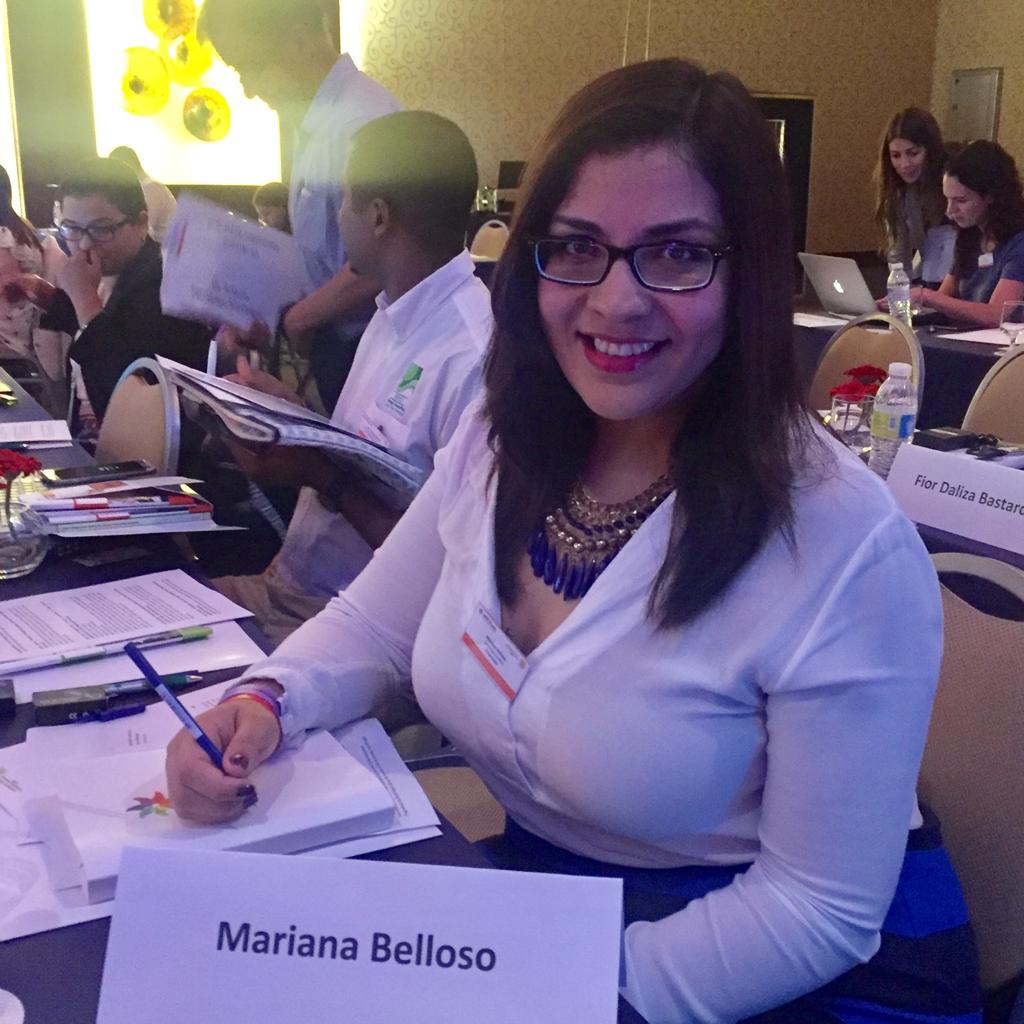
For three intense months, Belloso and her family were the object of constant smears. They called her “the defender of the gangs,” and the regime’s propaganda machinery began posting photos of the journalist with the hashtag #LasMalqueridas [“Disliked Women”]. This all had a clear impact on her work, some sources distanced themselves from her, to avoid problems with those in power.
“They began using photos of me with my family, saying they hoped the gang members raped us, or murdered us, cut us into pieces,” Belloso recalled sadly. She resisted for three difficult years, in which she lost three different jobs due to the president’s attack and her exile. She was even questioned by people close to her, who accused her of spreading fake news to damage Bukele. She was also one of the journalists who turned out to have been the object of surveillance via the Pegasus software.
In January 2022, she fled into exile in the United States. Today she edits Alharaca, a feminist oriented website that combines news reporting with investigative journalism. She also helps with projects of the Inter-American Press Society (SIP) to support at-risk media in Central America.
Gabriel Labrador, the Salvadoran Journalists’ Association’s rapporteur for free expression and the press for, expressed alarm at the pattern of practices employed by the Salvadoran regime to undermine press freedom. He was also concerned about the tolerance those in power have shown for these abuses.
The impact on the exercise of journalism is evident: self-censorship, the displacement of reporters in order to safeguard themselves, denunciations of “violations” in the territories controlled by the Salvadoran Security Forces. “Right now, practicing journalism near a jail (under the state of emergency) can amount to a very risky action. We’ve detected cases where the soldiers detain journalists for no apparent motive, demand their documents, and have sometimes even forced them to erase their interview tapes,” he asserted.
The Salvadoran government accuses the independent press of “endorsing criminal acts,” whenever the journalists report on the gangs. “For example, they say that all the reporters who covered the truce or the negotiations with the gangs, also under former governments, were endorsing criminal acts. They express this in a very ambiguous way, in which it’s not totally clear what they’re referring to. But it’s certainly being used on social media to attack and harass specific journalists,” Labrador denounced.
Gabriel Labrador, who is also on the team of the Salvadoran news site El Faro, refers tacitly to the investigations that the independent Salvadoran media site conducted, which uncovered Bukele’s secret accords with the Mara gang. That disclosure provoked a furious official reaction against investigators and journalists like the three Martinez brothers – Oscar, Carlos and Juan – the first one the newspaper’s editor, the second, one of its prominent writers, and the last an anthropologist and columnist whose work had received international awards. El Faro, an internationally acclaimed news site, was subsequently forced to move all their operations to Costa Rica.
On August 20, 2023, millions of Guatemalans turned out excitedly for the elections, hoping to rescue the country’s battered democracy. The voting would end with high hopes, given the victory of Bernardo Arevalo, who garnered nearly 58% of the votes. In the United States, thousands of kilometers away, thirty-eight-year old Michelle Mendoza – in exile since May 2022 – followed the news closely.
Her first reaction was joy at learning the results, but her bubble soon burst as efforts began to cancel the legitimacy of Arevalo’s party. Since June 25, 2023, Mendoza has called herself an “activist journalist,” dedicating her efforts to conducting “more in-depth studies” that help understand the corrupt organizations in her country. The problem is, Guatemala has gone from one scenario to a worse one in the span of mere hours or days.
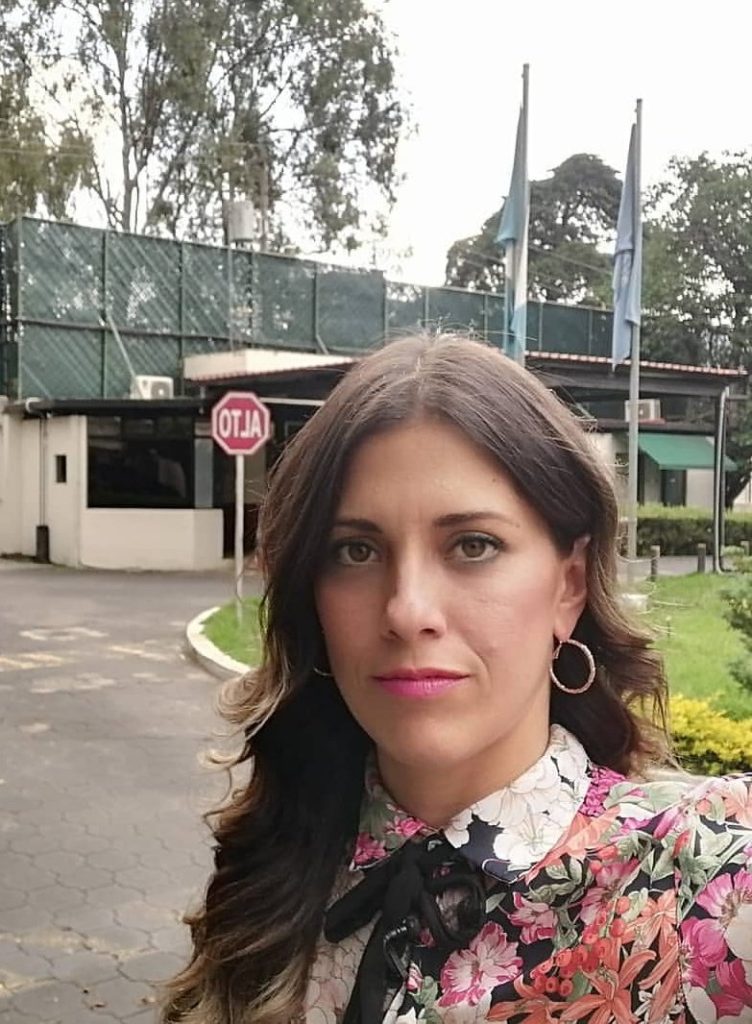
“Exile is a way of silencing you; it’s a way of limiting your work, so that I can no longer cover all those stories about the humanity or corruption in my own country,” Mendoza says. With sadness, she enumerates her losses, among them raising her two daughters and living peacefully in her country.
Unlike Nicaragua and El Salvador, where strongman figures have taken over all the institutions, Guatemala was taken over by a pact of the corrupt. These have made the legal system their instrument, persecuting the former prosecutors and journalists who investigated or divulged the investigations of the now-defunct International Commission against Impunity (CICIG).
Mendoza believes what has occurred in Central America is a replication of the dictatorships and hate speech directed against all those who think differently. “They’ve sexualized me, threatening to rape me,” she states.
Formerly CNNs Guatemala correspondent, she left the country during the period of threats to journalism marked by the imprisonment of Jose Ruben Zamora, a well-known Central American journalist who has now been jailed for over a year. He was sentenced to six years on a charge of money laundering, after he criticized now-outgoing Guatemalan president Alejandro Giammatei.
Zamora has taught generations of Guatemalan journalists. For decades, he walked the hard road of denouncing corruption. Juan Luis Font, who worked shoulder to shoulder with him in the offices of the Guatemalan newspaper El Periodico, is now also in exile, victim of legal threats. The remaining staff of El Periodico closed the media outlet on May 13 2023, in the wake of Zamora’s arrest.
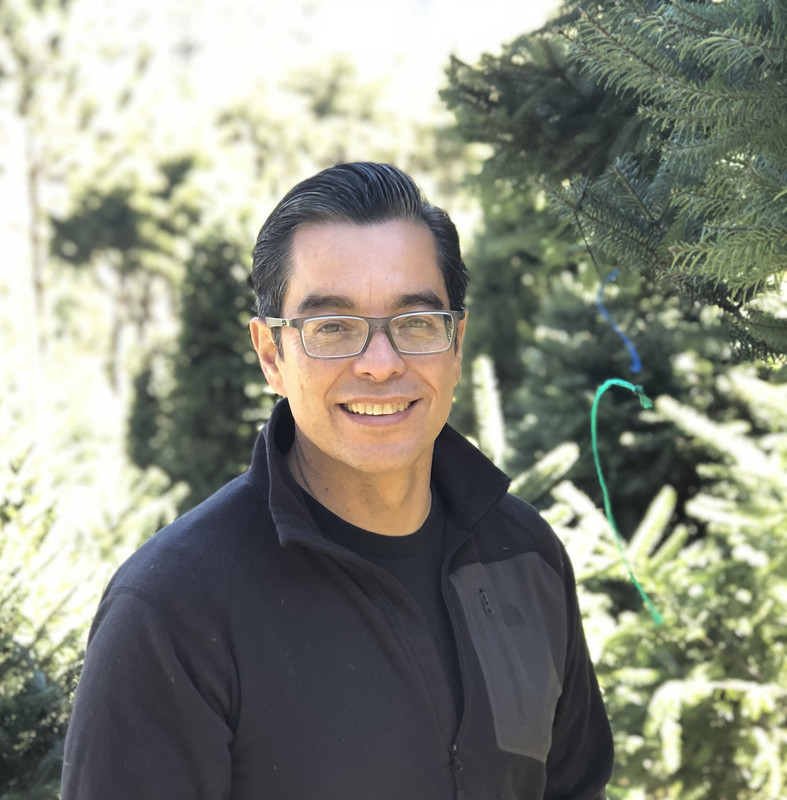
“I feel great shame before my children, for putting them in this situation. I was ashamed that they should be so angry with their country. Now, with the elections, they’ve reconciled with Guatemala a little. Two of them are outside the country,” stated Font, who currently directs the news site ConCriterio.
Font recalls the day he understood that he needed to leave the country, amid the persecution of journalism in Guatemala. His family had invited one of his daughter’s friends and her boyfriend to dinner. They couldn’t enjoy the food, however. The journalist got a call telling him a warrant had just been issued for his arrest. That same night, they all sought out a safe place to stay.
“We understood that we could no longer live this way, going out to hide somewhere every two or three days,” he explained. But Juan Luis Font couldn’t leave – his mother was dying. However, when they saw that he was in imminent danger of arrest, his siblings absolved him of his obligation to stay. On August 15, 2022, he came to say goodbye. His mother told him that it made her sad that he should leave Guatemala, but they both accepted the unavoidable separation. His mother died in her sleep on September 1st. The notice shook the journalist’s world, even though he was many kilometers distant.
On June 20, 2023, Reporters without Borders (RSF) published for the first time a map of journalists’ migratory paths across the globe. Among other things the map illustrates is the fact that the principal destinations of these professionals forced to flee are the United States and Europe.
The phenomenon of journalists and media workers having to flee persecution in their countries of origin is repeated in a number of countries, including Nicaragua under Ortega’s onslaught against freedoms, as well as nations such as Ukraine, Sudan and Syria.
“The map shows the scale of the movements of journalists forced to seek refuge abroad. Since its creation, our Assistance Desk has never been so busy. Our efforts have two complementary goals: on the one hand, opposing the persecution that drives journalists to flee; and on the other, assisting the journalists and media who have no choice but to seek refuge abroad,” declares Christophe Deloire, secretary general of the RSF.
According to the same report, hundreds of Russian journalists have had to flee, because publishing anything about the Ukraine invasion can lead to imprisonment. Other reporters have done the same, such as reporters from Afghanistan, which has been ruled by the Taliban since 2021. There are other worrisome cases, such as Myanmar.
China’s repression of Hong Kong has also forced newspapers to close. Jimmy Lai, founder of the Hong Kong newspaper Apple Daily, is in prison. The only way out for independent journalists there has been to seek refuge in Taiwan, the United Kingdom, or the US.
RSF noted that this exodus often occurs in two stages. Journalists first seek shelter in neighboring countries, and later choose, or are forced, to move on to other destination. There are also some ironic situations in the world: Egypt, for example, is one of the world’s biggest jailers of journalists, currently holding 20 arbitrarily in prison. At the same time, it has taken in at least 40 Sudanese journalists since two military factions began fighting each other in Sudan in mid-April.
As a result of the increasing authoritarianism of Daniel Ortega’s government in Nicaragua, all of the journalists working for the independent daily La Prensa fled the country within the space of a few weeks in July 2022. Most of them went to neighboring Costa Rica, where several exiled media companies are now based.”
RSF admits that exile doesn’t always bring an end to insecurity and threats for journalists. A number of situations – either political changes in the country of refuge, or the penetration of hostile forces from the repressive governments they fled – can lead to renewed danger for the exiled journalists.
Currently, Latin America is a region of frequent violence against journalists. According to UNESCO, 61 journalists were killed in the region in 2022. Mexico heads the list with 19 such murders.
This article was originally published in Spanish in Confidencial and translated by Havana Times.
PUBLICIDAD 3M
Periodista nicaragüense, exiliado. Comenzó su carrera en el año 2000, cuando todavía era estudiante. Por sus destacadas investigaciones periodísticas ha ganado el Premio Ortega y Gasset, el Premio Internacional de Periodismo Rey de España, el Premio a la Excelencia de la Sociedad Interamericana de Prensa, y el Premio Latinoamericano de Periodismo de Investigación del Instituto Prensa y Sociedad (IPYS).
PUBLICIDAD 3D